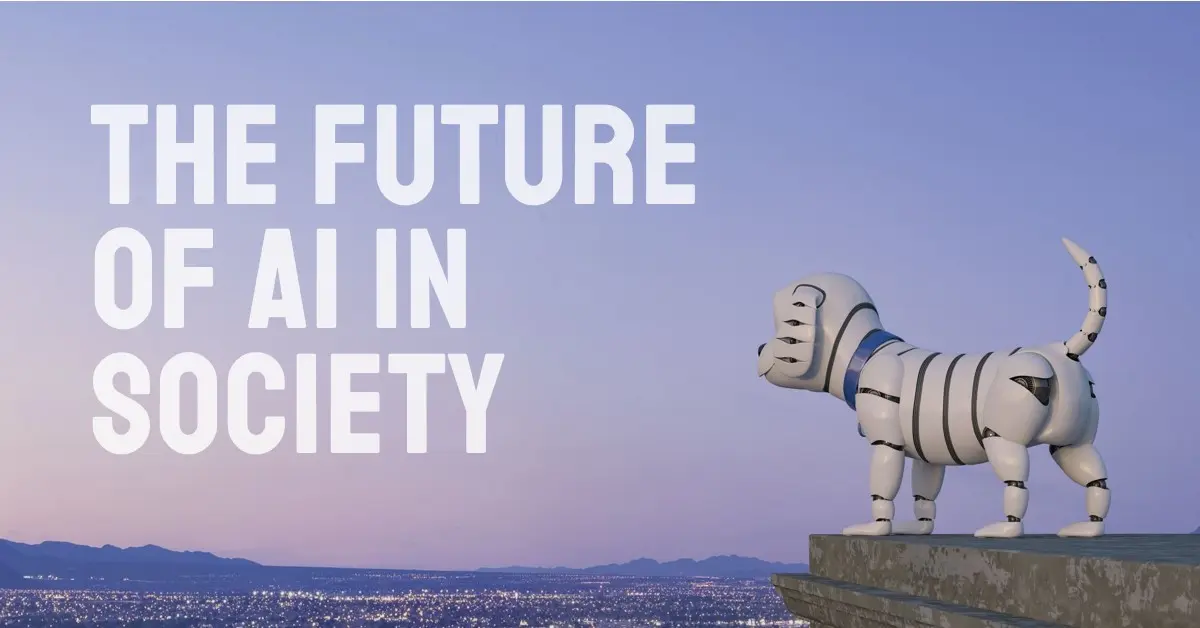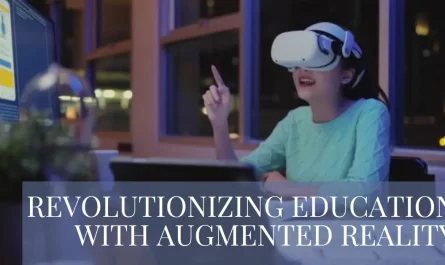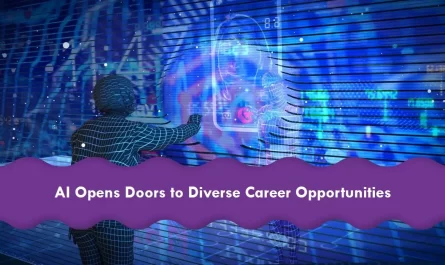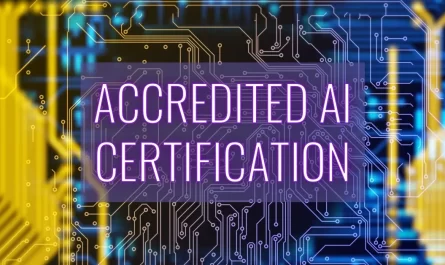Artificial Intelligence (AI) a long dream has become an intrinsic part of our daily lives. Artificial Intelligence (AI) is having an impact in almost every sphere of society today from smartphones to healthcare. AI is getting faster and more widespread as machine learning, natural language processing, and robotics increasingly power new technology advancements. The article looks at the sectors where AI is having an impact and discusses some of its advantages and disadvantages.
AI in Healthcare
Healthcare is also one of the fields where AI lends itself to transformation. Doctors and Medical Professionals: AI-driven tools help in diagnosing diseases, optimizing treatment for each patient, and even predicting health outcomes as Scientists are increasingly able to unlock more information from raw data faster. One clear example is the ability of AI algorithms to analyze medical images like X-rays and MRIs in a more accurate way from human radiologists at once. Cancer is known to be detected early thereby significantly improving patient outcomes.
In addition, AI is also being applied in pharmaceuticals for drug discovery. Researchers apply AI algorithms to vast data sets to forecast the behavior of different compounds within human bodies, providing them with a valuable head start when it comes time for new drugs. AI is also driving changes in how we practice personalized medicine by allowing algorithms to evaluate the genetic info as well as lifestyle factors of each patient and deliver individualized treatment recommendations
However, also these methods have struggles. The application of AI has a lot of ethical concerns in health — privacy and data security are key. Besides, the overwhelming utilization of AI may promote complete reliance on machines and eventually exclude human touch which is a necessity in patient care.
AI in Business and Finance
In the business world, AI is becoming a game-changer as well. AI-powered algorithms are used in high-frequency trading, risk management, and fraud detection among other applications in finance. These systems have the capabilities to dredge up data at a glacial speed and make calls even before human traders which allows companies an edge over others in the market. With this AI, businesses can also predict incoming market trends and customer behaviors to fine-tune their strategies.
Customer service— For customer services, AI chatbots are the word. They can address a variety of customer questions, even when your team members are unavailable and sleep in their beds. This allows businesses to increase efficiency while decreasing costs.
But AI penetrating businesses everywhere presents issues. For example, fear of job displacement is one concern as A. My system started to get more sophisticated. The use of AI is both creating new possibilities in areas like data science, and machine learning but also displacing jobs — notably in retail and customer service industries
AI in Transportation
The revolutionizing impact of AI on the transport industry: AI technologies are being used to develop self-driving cars, trucks, and even drones. Sensor cameras: AI Tech autonomous cars are equipped with special sensors and cameras as well as AI algorithms that allow them to move around managing the roads being controlled.
Another space in which AI is helping revolutionize the world of business logistics/supply chain management. AI can increase yield by being able to optimize routes, predict demand, and even forecast maintenance of the vehicles or machinery like Tractor. This efficiency gain means a decrease in fuel consumption, fewer emissions, and cost savings for businesses.
But going forward with AI in the realm of transportation does bring its own set of challenges. Safety is one of the key concerns. Although AI can minimize human error accidents, it is not perfect. Some Autonomous Vehicles Have Already Had Accidents No autonomous vehicle is perfect. Regulatory hurdles and trust with the public also are large barriers to adoption.
AI and Ethics
The proliferation of AI raises new ethical concerns. The main problem is the bias in AI algorithms. As AI systems are trained on data, if the dataset contains a bias, then this might be present in the results. A case in point: the widespread criticism made against facial recognition technology due to its inability to correctly categorize individuals from minority communities, something that has resulted and is now a practice of racial profiling.
A more complicated ethical quandary is how to deal with the decision-making power of AI. There are growing concerns about how transparent AI decisions are — especially when it comes to sectors like healthcare and criminal justice that have come under increased scrutiny as their use of these tools has proliferated. There needs to be an explainability layer between AI system recommendations — for example, refusing a loan or treating it in this way — and how that decision has been reached. When there is no transparency accountability then becomes a problem.
The Future of AI
The future of AI is promising, but also highly cautious. With improvements in AI, automation tends to increase and become even more efficient & cost-effective for all sorts of businesses. It is entirely possible that they could become much more widespread — AI-powered robots in manufacturing, perhaps; or simply even more omniscient virtual assistants who will be able to reason at speeds beyond the ability of most humans.
But also, with these advancements will come challenges. Regulations and ethical frameworks must be put in place that would govern the implementation of AI by governments, businesses, and individuals alike. If AI is ever to fully mature, a developed sense of public trust must be present — and those benefitting from it are concerned over bias in its core systems, the lack of transparency behind their decision-making processes, or the potential for job displacement among workers without formal qualifications.
Conclusion
Artificial Intelligence is changing the world rapidly, whether it is healthcare, transportation, retail, or business to name a few areas are making better work for machines that can work longer and focus on thousands of data points at once which was not possible with the human involvement upfront. But progress inevitably brings its share of problems, such as ethical questions or the risk of putting people out of work. In the ever-complex world of AI, we intend to mix development with responsibility.
Society goes as far as to use AI to enhance healthcare outcomes and even increase the efficiency of machinery such as Tractors used in agriculture. Going forward, the trick in playing dominos with AI will be to make sure that benefits are spread wide while risks minimized.



